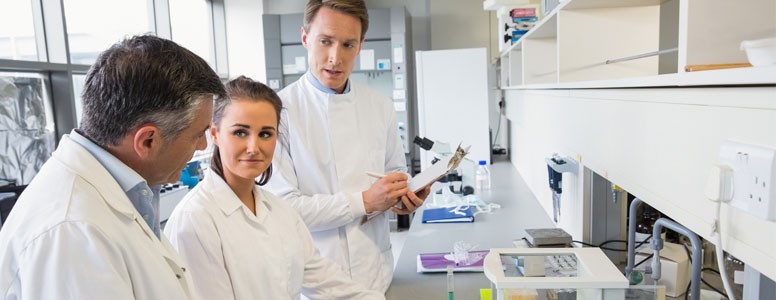The female reproductive hormone estrogen could be used to help reduce the risk of type 2 diabetes, US research suggests.
When estrogen interacted with a protein called Foxo1, insulin resistance and the production of glucose was decreased.
Previous studies have shown lower type 2 diabetes rates in premenopausal women, while research has also identified a significant link between estrogen deficiency and metabolic dysfunction, a risk factor for the condition.
Until this study, the mechanism between estrogen and accelerated insulin resistance and type 2 diabetes has not been fully understood.
After menopause, women lose the enhanced insulin sensitivity due to a reduction in estroge, but estrogen therapy results in potential breast cancer or stroke risks.
Lead researcher Dr Shaodong Guo, from Texas A&M University, and his study team examined estrogen implants in male and female mice that had one or both ovaries removed, and also creatures without Foxo1.
Foxo1 is a protein that plays a central role in the regulation of glucose production through insulin signalling, and has an impact on cell growth and the metabolism.
The estrogen implant led to improved insulin sensitivity and suppressed insulin resistance in all of the mice, but the hormone had no effect in those without Foxo1.
Dr Guo said: “Once that mechanism is understood, it will aid in the development of targeted estrogen mimics that can provide the therapeutic benefits without unwanted side effects.”
However, the implications of these findings on humans are not yet clear until similar findings are returned in human trials.
The researchers added that “dietary intervention can play a crucial role in controlling obesity, diabetes and associated chronic diseases.”
Dr Guo also added that certain foods, including soybeans, contain a level of dietary estrogens known as phytoestrogens, which can function in a similar way to that of estrogen.
The study was published in Diabetes, which is the journal of the American Diabetes Association.
What's new on the forum? ⭐️
Get our free newsletters
Stay up to date with the latest news, research and breakthroughs.





